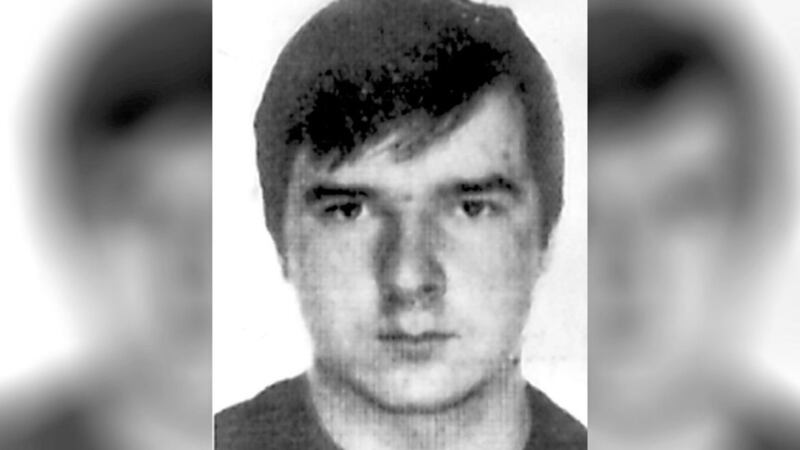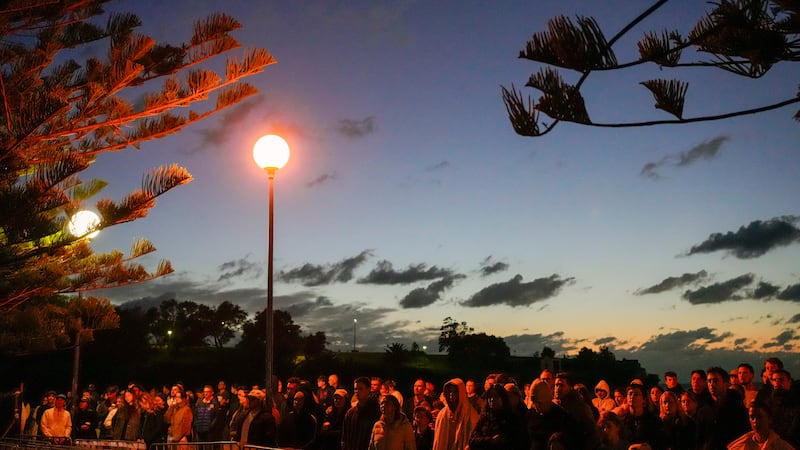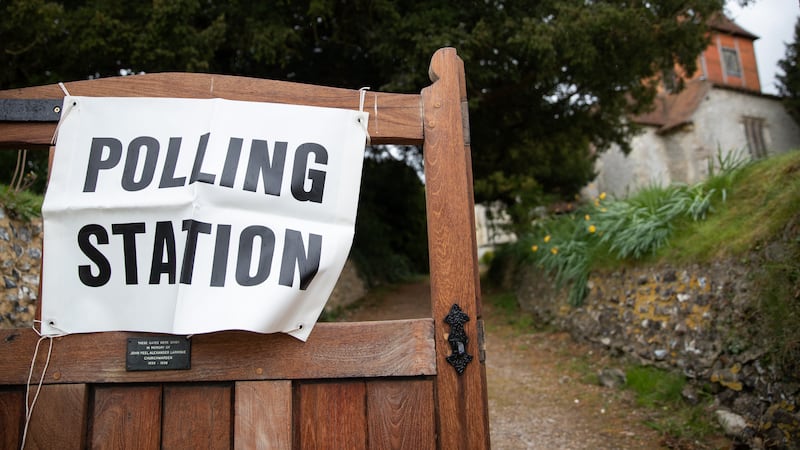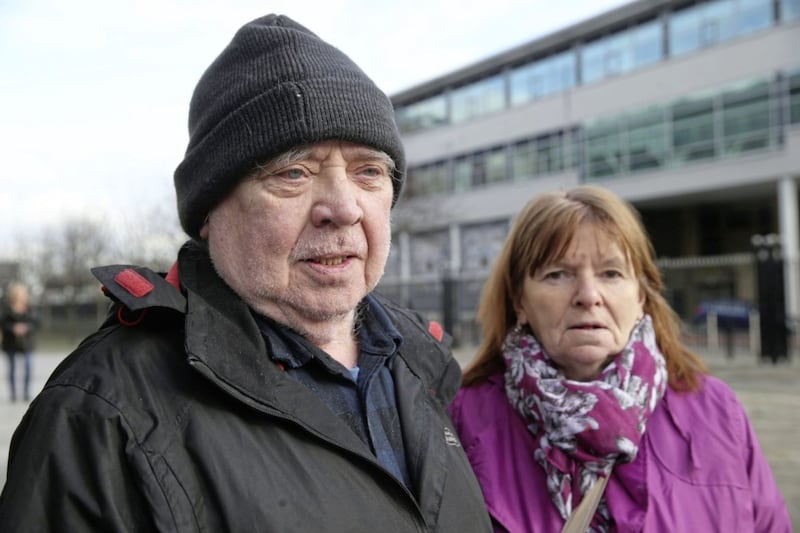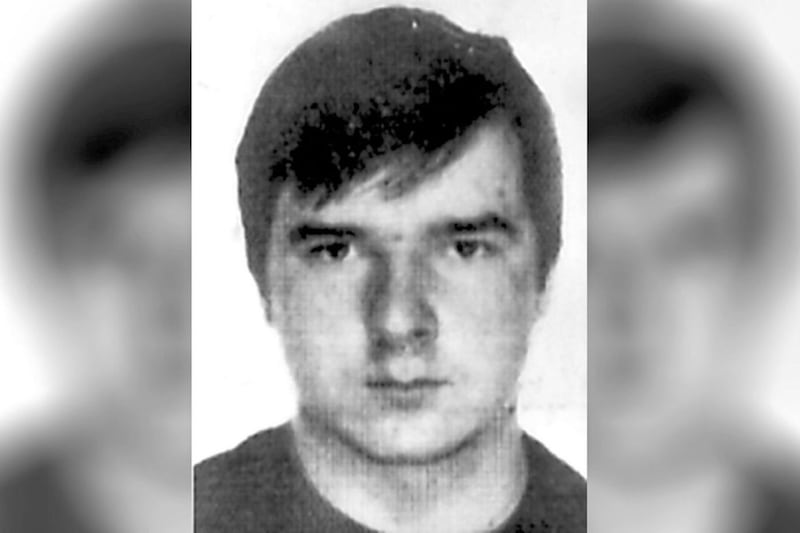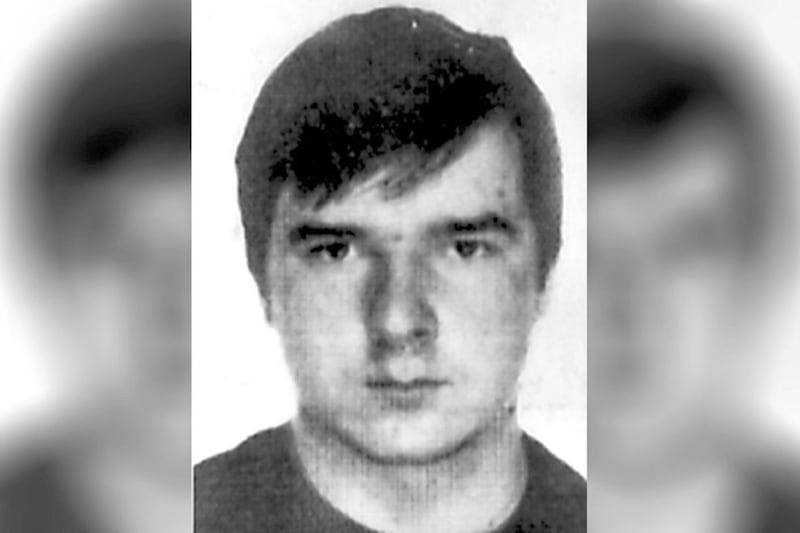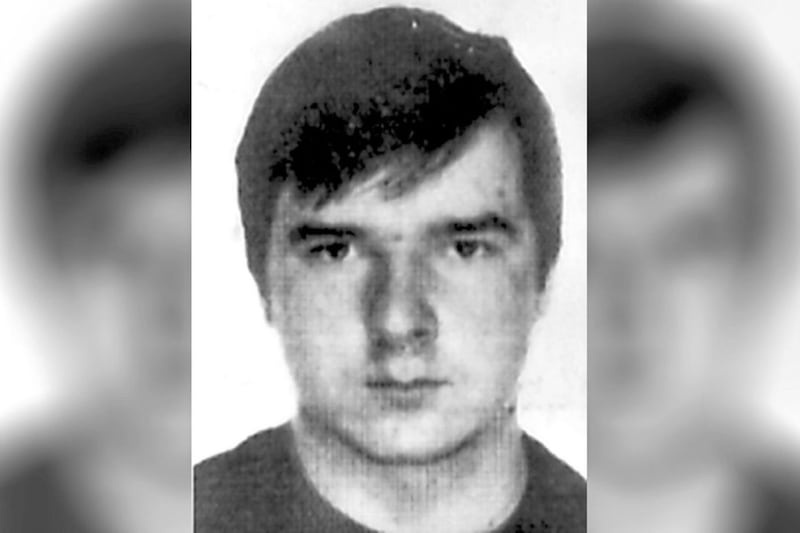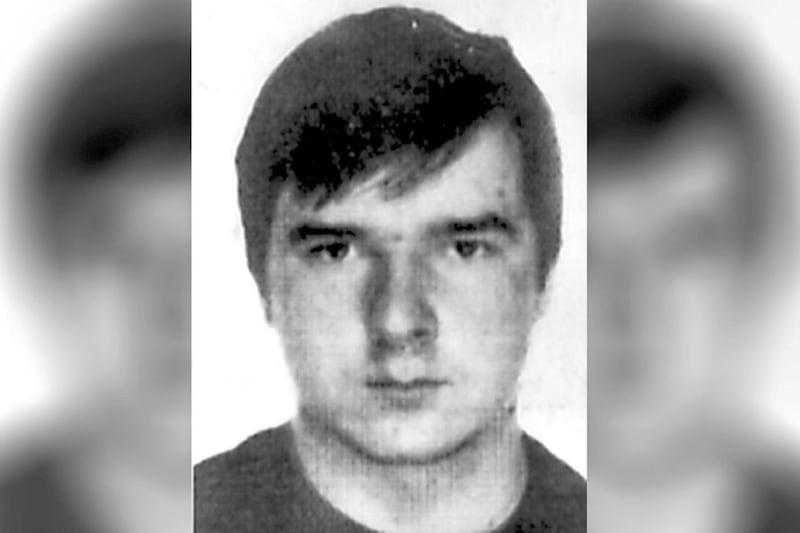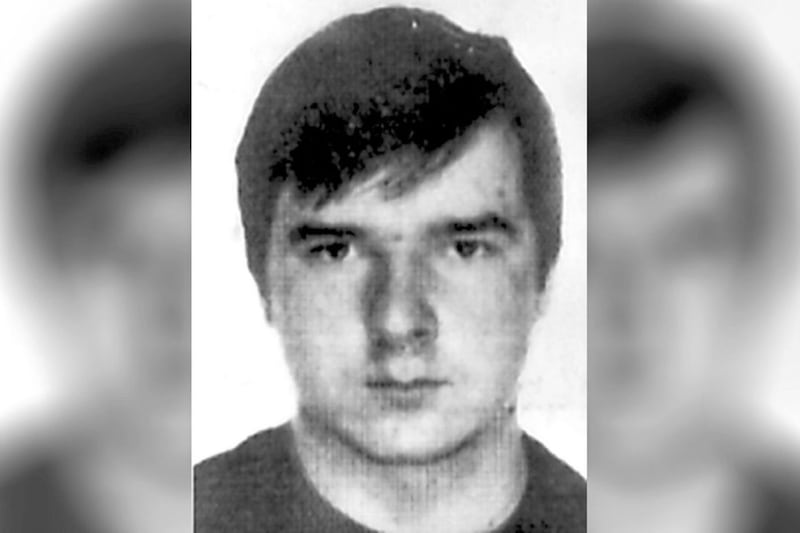THE Coroner's Office is not liable for delays in holding an inquest into the police killing of an IRA man, the Court of Appeal ruled today.
Pearse Jordan's parents claimed coronial decisions contributed to the hold-up in completing a tribunal into his death nearly 26 years ago.
Teresa and Hugh Jordan have already been awarded £7,500 in damages after the the PSNI was held responsible for a delay of up to 11 years.
But senior judges rejected their appeal against a High Court decision that no blame lay with the Coroner's Office.
Lord Justice Deeny said: "We have concluded that there was no culpable delay on the part of the Senior Coroner or the Coroner who succeeded him in the conduct of the Jordan inquest."
Pearse Jordan's death was one of several high-profile cases in Northern Ireland involving allegations that the RUC were involved in shoot-to-kill incidents.
The 22-year-old had been driving a hijacked car stopped by police in west Belfast in November 1992.
He was shot after getting out on the Falls Road and trying to run away, unarmed.

In 2016 the third and most recent inquest into the shooting concluded that it was impossible to determine the precise circumstances.
That hearing took place after a judge quashed findings reached by the previous tribunal, sitting with a jury, in 2012.
At that stage police were held liable for delays and ordered to pay damages.
However, Mr and Mrs Jordan's claim against the Coroner's Office was dismissed at that stage.
Their lawyers went to the Court of Appeal in a bid to have that decision overturned.
They alleged that the Coroner is also responsible for failures to ensure the prompt investigation into their son's death between May 2001, when the European Court of Human Rights ruled on the case, and September 2012.
A legal obligation to ensure no delay is imposed by human rights law, the family's legal team contended.
Barristers Karen Quinlivan QC and Fiona Doherty QC alleged a series of reasons for the inquest delay, including coronial decisions to grant repeated adjournments, failures to ensure police complied with timetables, and inconsistent decision-making in relation to disclosure.
They contended there had been a failure by the State - in particular, the Coroner and the PSNI.
But despite finding that the challenge was not academic, appeal judges ultimately ruled in favour of the coroners involved.
